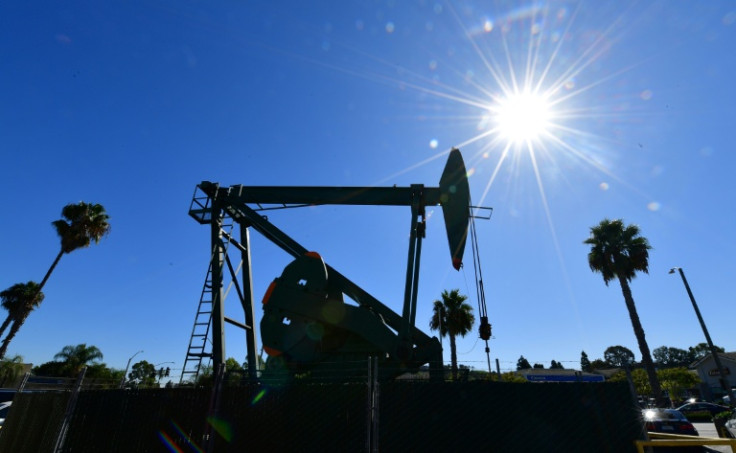U.S. Sanctions Iraqi-Led Network Smuggling Iranian Oil Worth $300M

WASHINGTON (Sept. 2, 2025) — The U.S. Department of the Treasury has sanctioned an oil-smuggling network led by Iraqi–Kittitian businessman Waleed al-Samarra'i, whose operations involved blending Iranian oil with Iraqi oil and falsely marketing it to evade sanctions.
The network generated significant revenue—an estimated $300 million annually—for both the Iranian regime and al-Samarra'i himself. Treasury's Office of Foreign Assets Control (OFAC) targeted al-Samarra'i, his companies Babylon Navigation DMCC and Galaxy Oil FZ LLC, and multiple vessels and shell companies linked to the operation.
Treasury Secretary Scott Bessent said in a statement, "By targeting Iran's oil revenue stream, Treasury will further degrade the regime's ability to carry out attacks against the United States and its allies." He added, "We remain committed to an oil supply free from Iran and will continue our efforts to disrupt the ongoing attempts by Tehran to evade U.S. sanctions."
By targeting Iran's oil revenue stream, Treasury will further degrade the regime's ability to carry out attacks against the United States and its allies. We remain committed to an oil supply free from Iran and will continue our efforts to disrupt the ongoing attempts by Tehran to... pic.twitter.com/Es0V7EpL3x
— Treasury Secretary Scott Bessent (@SecScottBessent) September 2, 2025
The sanctions follow similar efforts in July that disrupted a smuggling network run by Salim Ahmed Said, illustrating intensified U.S. efforts to curb Iran's influence in Iraq's energy sector. These actions underscore the Biden administration's enforcement of Executive Order 13902, which targets activities in Iran's petroleum and petrochemical industries.
Entities designated now have their U.S. assets blocked, and U.S. persons are generally prohibited from engaging in transactions with them, unless authorized by OFAC. The sweeping designation includes assets held by entities owned or controlled by the sanctioned parties. Violations could lead to civil—or even criminal—penalties.
© Copyright IBTimes 2025. All rights reserved.





















